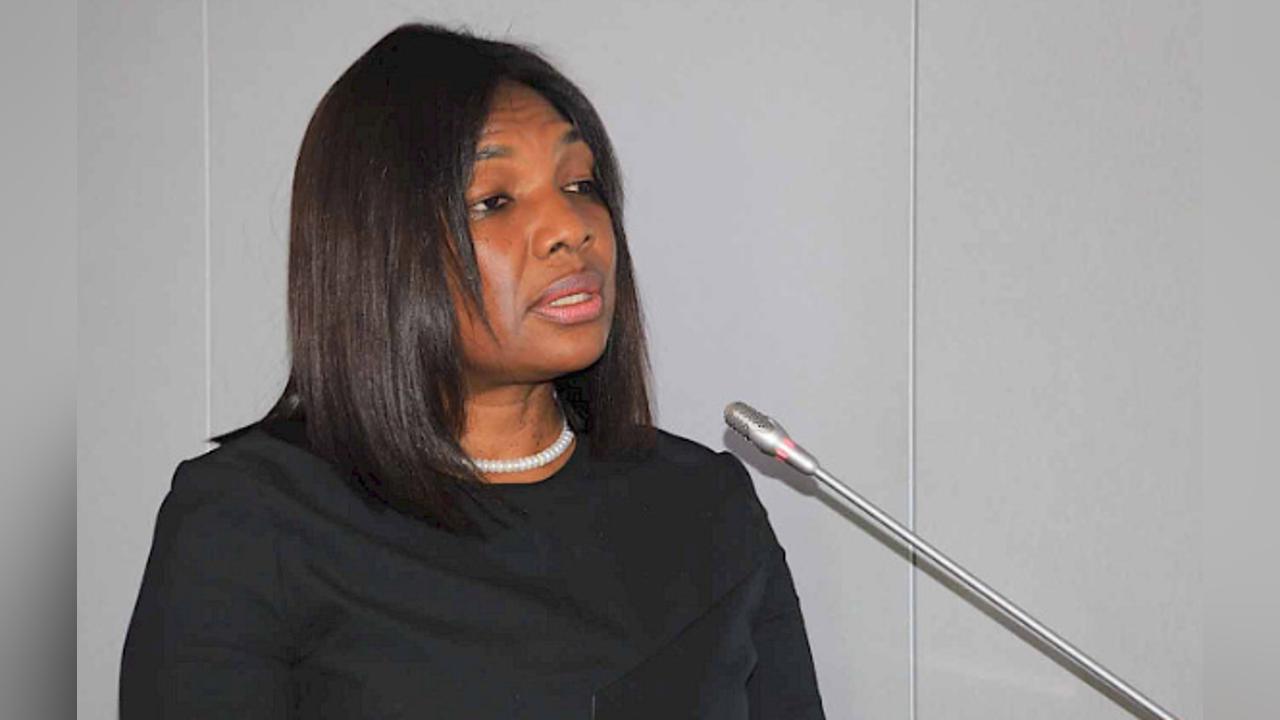Africa-Press – Angola. Angola’s Deputy Attorney General Inocencia Pinto stated on Friday in Luanda that data from the African Development Bank (AfDB) indicates Africa loses 25 percent of its Gross Domestic Product (GDP) every year due to corruption.
Speaking at the opening ceremony of the workshop commemorating the 22nd anniversary of the “African Union Convention on Preventing and Combating Corruption,” which is taking place in Luanda under the theme “Promoting Human Dignity in the Fight Against Corruption,” Pinto said that this sum would be sufficient to lift millions of people out of poverty and stimulate the economies of many countries.
The magistrate said that the massive diversion of public resources leads to states’ inability to fulfill their human rights obligations, resulting in the deprivation of essential services, such as health care, education, and basic sanitation.
To change this situation, she said, a holistic, multifaceted approach to legal frameworks is needed. The African Union Convention against Corruption provides a roadmap for holding corrupt individuals accountable and promoting international cooperation to effectively recover assets resulting from corruption.
Pinto explained that the struggle for human dignity and sustainable development is intrinsically linked to the fight against corruption.
ENAPREC
Pinto said that Angola has created a set of measures to mitigate corrupt practices in the public and private sectors within the scope of the National Strategy for the Prevention and Suppression of Corruption (ENAPREC).
She added that the country has ratified the convention to implement international instruments and that the Attorney General’s Office (PGR) has set clear objectives for combating corruption.
Inocência Pinto emphasized that corruption undermines the foundations of the rule of law, distorts justice, compromises the equitable distribution of resources, and erodes citizens’ trust in institutions. She noted that corruption is not merely a legal, procedural, or administrative problem, but rather a societal challenge that requires the commitment of everyone.
She reiterated the institutions’ unwavering commitment to legality, transparency, and accountability. She called on not only justice operators, but also the entire public administration and society to deeply reflect on the structural causes of corruption. The aim is to find the best solutions to mitigate this phenomenon.
For More News And Analysis About Angola Follow Africa-Press






